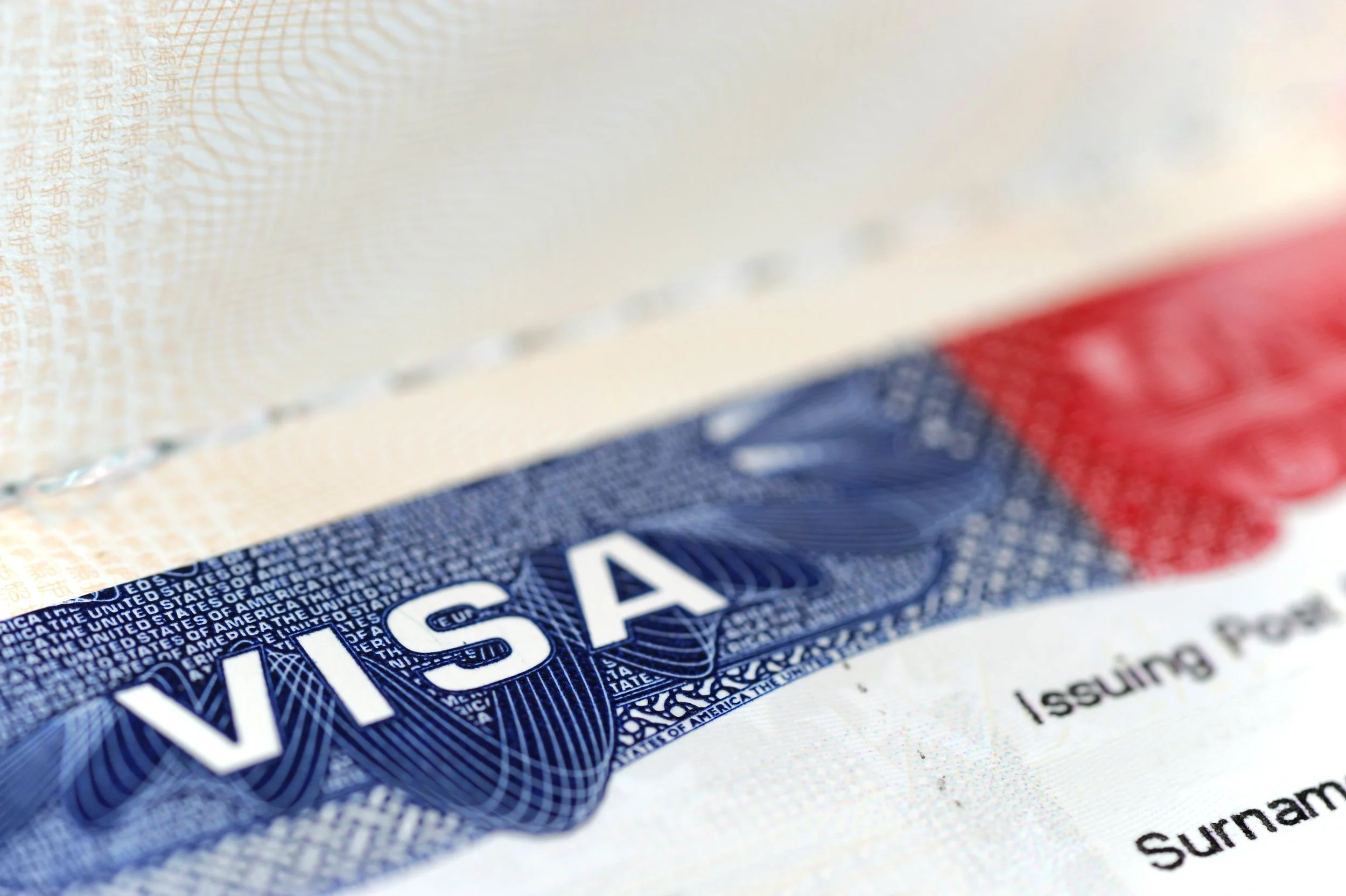Religious Visas
Navigating the R-1 Religious Visa and EB-4 Special Immigrant Religious Worker Visa
Common Questions:
I am a pastor of a local church. Can I sponsor my staff?
Maybe. Your church must be a 501(c)(3) organization with substantial, documented income to sponsor religious visas. Consult with an experienced attorney.
My R-1 visa is about to expire. I’m not eligible for an extension, but my green card is pending. Do I need to leave the United States?
R-1 visas are valid for 5 years in the aggregate. If you have unused time, you might recapture it, and a brief extension may be available. If not, you will likely need to depart the United States for a full year before applying for a new R-1 visa. There might be alternatives available to you depending on your circumstances. Consult with an experienced attorney.
Types of Religious Visas
There are two primary religious visas in the United States:
R-1 Visa: Religious Workers
The R-1 visa is designed for religious workers who wish to come to the United States temporarily to engage in religious work or activities. This category includes ministers, priests, monks, nuns, religious instructors, and other individuals in a legitimate religious organization.Eligibility: To qualify for an R-1 visa, applicants must have a job offer from a U.S. religious organization and demonstrate that they have been a member of that religious denomination for at least two years.
Application Process: The U.S. religious organization must file Form I-129, Petition for a Nonimmigrant Worker, on behalf of the religious worker. The religious worker can apply for an R-1 visa at a U.S. consulate or embassy if approved.
Duration: R-1 visa holders can stay in the U.S. for an initial period of up to 30 months, with the possibility of an extension for an additional 30 months.
EB-4 Visa: Special Immigrant Religious Workers
The EB-4 visa category is for special immigrant religious workers who intend to permanently come to the United States to work in a religious capacity. This category is similar to the R-1 visa but offers a path to permanent residency.Eligibility: Special immigrant religious workers must have a job offer from a U.S. religious organization and have worked in a religious capacity for at least two years. They must also demonstrate that they are coming to the U.S. to continue working in a religious role.
Application Process: The U.S. religious organization files Form I-360, Petition for Amerasian, Widow(er), or Special Immigrant, on behalf of the special immigrant religious worker. The worker can apply for an immigrant visa at a U.S. consulate or embassy if approved.
Permanent Residency: Successful applicants can obtain lawful permanent residency (a green card) in the United States, making the EB-4 visa a path to U.S. citizenship.
Important Considerations
Legitimate Religious Organizations: Both the R-1 and EB-4 visa categories require applicants to be affiliated with legitimate religious organizations. USCIS will assess the bona fides of the organization and the applicant's role.
Documentation: Applicants must provide detailed documentation to demonstrate their eligibility, including evidence of their religious work, membership, and the job offer from a U.S. religious organization.
Duration of Stay: R-1 visa holders are subject to a maximum stay of 60 months (5 years). After this period, they must depart the United States for at least one year before being eligible for another R-1 visa.
Dependents: R-1 and EB-4 visa holders can typically bring their eligible dependents (spouses and unmarried children under 21) to the United States.

